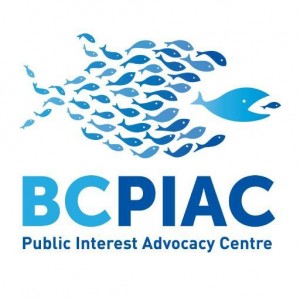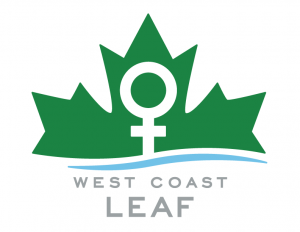Increasing BC Hydro rates drive request for an electricity affordability program for BC’s poor

By Erin Pritchard
Staff Lawyer, BC Public Interest Advocacy Centre
In September 2015, BC Hydro filed a Rate Design Application (RDA) with the BC Utilities Commission (Commission). This means the Commission, BC Hydro and stakeholders will review rate structures (how BC Hydro charges customers for its services) and terms and conditions of service for residential, business and industrial customers.
In this proceeding, the BC Public Interest Advocacy Centre (BCPIAC) will ask the Commission to implement rate relief, emergency bill assistance, and specific terms and conditions for low income BC Hydro ratepayers.
BC Hydro rates are increasingly unaffordable for low income customers
About 170,000 (10%) of BC Hydro’s residential customers are “low income”, meaning they are living at or below Statistics Canada’s Low Income Cut Off (LICO). People living in poverty have a hard time paying for essential services such as electricity when their incomes are stagnant. Since electricity is essential to survival, energy bills can only be paid at the expense of competing household necessities, such as food and medicine.

BC Hydro residential electricity rates have increased by 47% in the last 10 years, and are on track to increase by another 10.5% in the next three years. Rates are projected to continue to rise significantly in future years as the government continues to order BC Hydro to build multi-billion dollar projects like the Site C dam without a full public review of those projects by the Commission. While rate caps are currently keeping BC Hydro rates artificially low, project expenditures will eventually be collected from ratepayers.
BC Hydro’s rate increases have far outpaced increases in provincial income and disability assistance rates and the BC general minimum wage over the same time period. Over the last 10 years, BC social assistance rates have only gone up by $100 or less (for a single person) and the BC general minimum wage by $2.45 an hour.
BC Hydro currently offers no rates or terms and conditions that specifically apply to low income customers. It offers two programs to its low income customers:
- Energy Savings Kits that include a few energy saving products which, if fully installed, might save $30 per year, and
- In more limited cases, energy efficiency home upgrades through BC Hydro’s Energy Conservation Assistance Program. This program is not available to BC Hydro customers living in apartments.
While such energy efficiency programs are important, they are not a stand-alone response to low income customers’ increasing inability to afford their power bills – they are only one element of what must be a comprehensive low income bill affordability strategy.
What is BCPIAC doing to help?
In the RDA, BCPIAC will ask the Commission to order that BC Hydro:
Read more about how you can help


